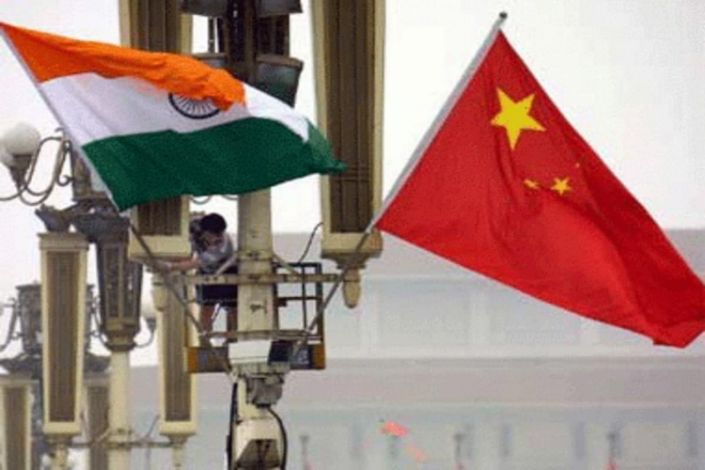The people of India came to know from media reports a few days ago that China has set up a village and built around 100 houses along the Tsari Chu river in the Upper Subansiri District of Arunachal Pradesh. The Indian Government did not disclose this fact. Indians came to know of it from media reports quoting the finding of a US-based organization, Planet Labs which, with the help of satellite images, found this out. These houses did not exist in 2019.
The External Affairs Ministry’s laconic comment after the publication of the news was that “constant watch on all developments bearing on India’s security” was being maintained. The simple question is, how did the Chinese set up a village in a state of India despite the “constant watch”?
As Congress leader Rahul Gandhi took the Centre to task for the Chinese occupation of land in Arunachal, Kiren Rijiju, a BJP MP from Arunachal and a member of the Union Cabinet, tried to play down the importance of the revelation by claiming that “Those locations you are referring to have been under Chinese occupation since very, very long – from the Congress regime in India.”
Prakash Javadekar, another Union Minister, went a step further. He said the Congress government had “gifted” thousands of kilometres (of Indian territory) to China. It is an astounding statement from a Union minister.Did he seriously mean that the Congress had really “gifted” Indian land to China? Was he trying to suggest that if the Congress had the right to “gift” Indian land to China, so had the BJP government? Is the sacrosanctity of India’s territorial integrity a matter of whataboutery?
If there has been a fresh Chinese incursion in the west, there is a stalemate in the east, in the eastern Ladakh sector. The Chinese have occupied large chunks of Indian territory there and despite eight round of talks between India and China, the issue has not been resolved. Both army commanders and foreign ministry officials of both countries took part in the talks. The Chinese, evidently, were delaying the process of de-escalation and de-induction of troops by holding round after round of fruitless talks.
The Chinese side was insisting that India vacate the hilltops it has occupied in a surprise and successful operation in late August last year – an operation that turned the tables on China. Now the Indian army can constantly watch the movement of Chinese infantry, artillery and missiles from the hilltops and if necessary take counter-measures to neutralize them whenever necessary. A retired general of the Indian army has said that by forcing China to accept a stalemate in eastern Ladakh, India has as good as scored a victory. This is self-satisfaction of a side which is aware of its weakness.
In two and a half months from now, winter will be on its way out. What will happen then? Will the stalemate continue or will India try to have the Chinese aggression vacated by using force? A permanent stalemate in Ladakh will actually mean a victory for the Chinese because they will be in permanent possession of the Indian land they have occupied. The aim of China in this sector is to occupy the Shivalik range of hills and bring the entire area (Indian) up to Karakoram Pass under its control. Will India allow the Chinese to achieve this aim?
All kudos to the Indian Army for massive and rapid mobilization of men and materiel to halt the advance of the Chinese in eastern Ladakh. All kudos to the DRDO for testing as many as 10 new missiles in just 35 days.
The government allowed the army to import millions of rupees of military hardware despite the poor state of the economy due to the Covid pandemic. New assault rifles have been designed, built and manufactured in large numbers to replace the old and outdated ones. Orders have been placed with Russia for more MiG 30 and Sukhoi aircraft to strengthen the Indian Air Force. Special aircraft and helicopters have been acquired from the US and Israel to detect and destroy enemy submarines.
India’s armed forces are fighting fit. They have fought and are still fighting in Ladakh. Now the government has to decide its China policy. Will it or will it not venture to drive out the Chinese or accept the Chinese occupation of our lands as a fait accompli and thereby further whet the appetite of the dragon?
India will also have to take into account the fact that the nature of wars is changing. Future wars will be fought with a numerically small army and much of the job of the soldiers will be taken by artificial intelligence (AI), cyberwar, electronic war, directed energy weapons (DEWs), etc. China is far ahead of us in all these fields. We have just begun but we have to make rapid advances to neutralize the threat from the enemy.
But the decision on all these will depend on India’s overall policy toward China. Shall we allow Beijing to pursue its short and long-term objectives or shall we checkmate the Chinese, whatever the cost? New Delhi will have to decide –quickly.
































